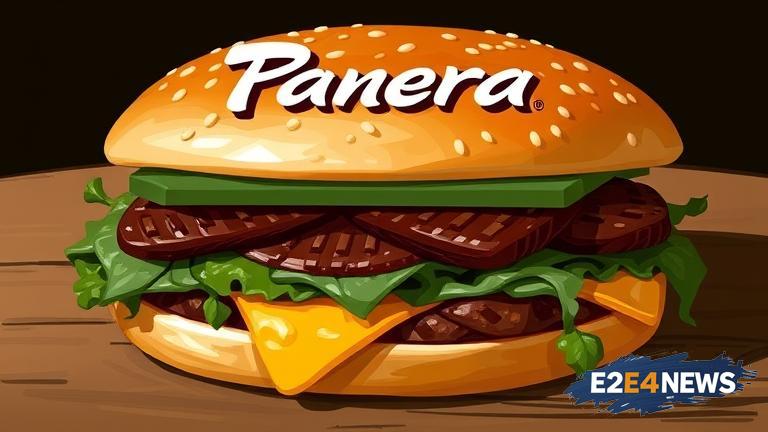Panera, the fast-casual restaurant chain, has reached a settlement in the remaining lawsuits filed against the company over its clean food claims. The lawsuits, which were filed in 2019, alleged that Panera had made false and misleading claims about the ingredients and nutritional content of its menu items. The plaintiffs claimed that Panera’s advertising and marketing campaigns had deceived consumers into believing that the company’s food was healthier and more sustainable than it actually was. Panera had maintained that its menu items were made with clean and wholesome ingredients, but the plaintiffs argued that this was not always the case. The lawsuits claimed that Panera had used artificial preservatives, flavors, and sweeteners in some of its menu items, despite advertising them as clean and natural. The settlement, which was reached in late 2022, brings an end to the litigation and requires Panera to make changes to its advertising and marketing practices. Under the terms of the settlement, Panera will be required to clearly disclose the ingredients and nutritional content of its menu items, and to avoid making false or misleading claims about its food. The company will also be required to pay a significant amount of money to the plaintiffs and to make donations to charitable organizations that promote healthy eating and sustainable agriculture. The settlement is seen as a victory for consumers, who will now have more accurate and transparent information about the food they eat. It is also a reminder to companies that they must be truthful and transparent in their advertising and marketing practices. Panera has stated that it is committed to serving high-quality, clean food, and that it will continue to work towards this goal in the future. The company has also stated that it will continue to innovate and improve its menu items, and to provide consumers with more options for healthy and sustainable eating. The settlement has been praised by consumer advocacy groups, who say that it will help to promote truth and transparency in the food industry. However, some critics have argued that the settlement does not go far enough, and that Panera should be required to make more significant changes to its business practices. Despite this, the settlement is seen as an important step towards promoting healthier and more sustainable eating, and towards holding companies accountable for their advertising and marketing practices. The case has also highlighted the importance of consumer education and awareness, and the need for consumers to be informed and critical of the food they eat. In the future, Panera will be required to be more transparent about its ingredients and nutritional content, and to avoid making false or misleading claims about its food. This will help to promote trust and confidence in the company, and to ensure that consumers have accurate and reliable information about the food they eat.
